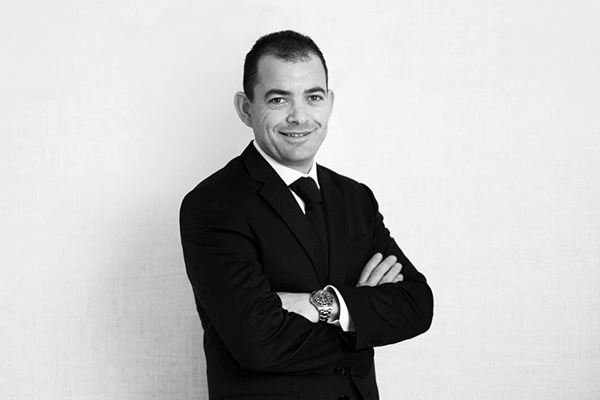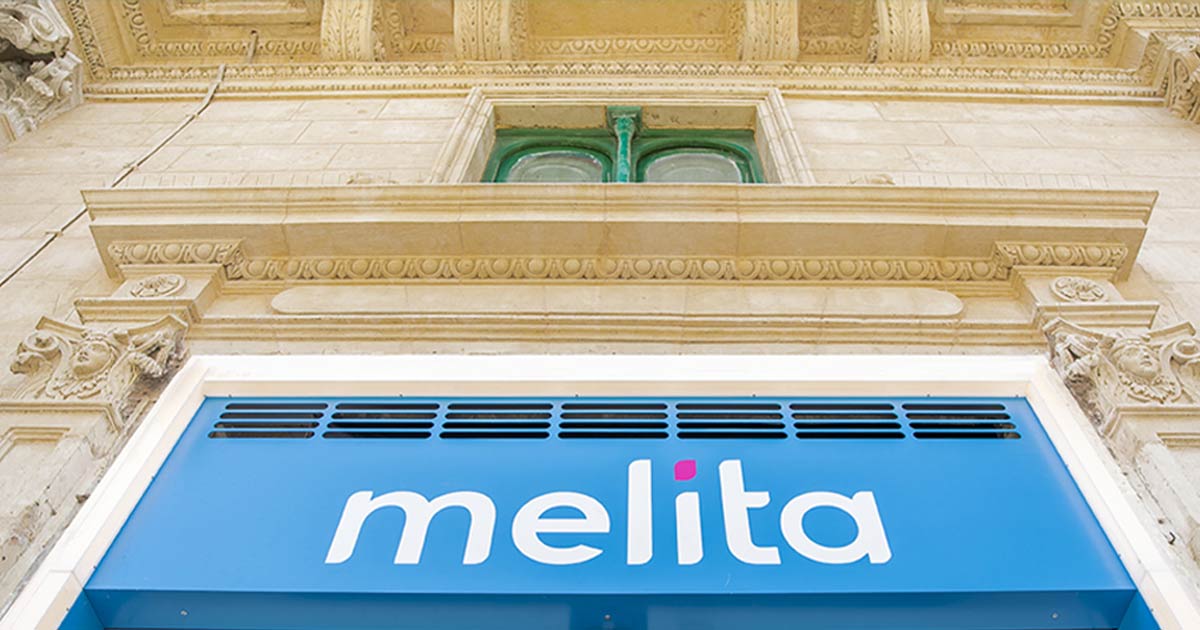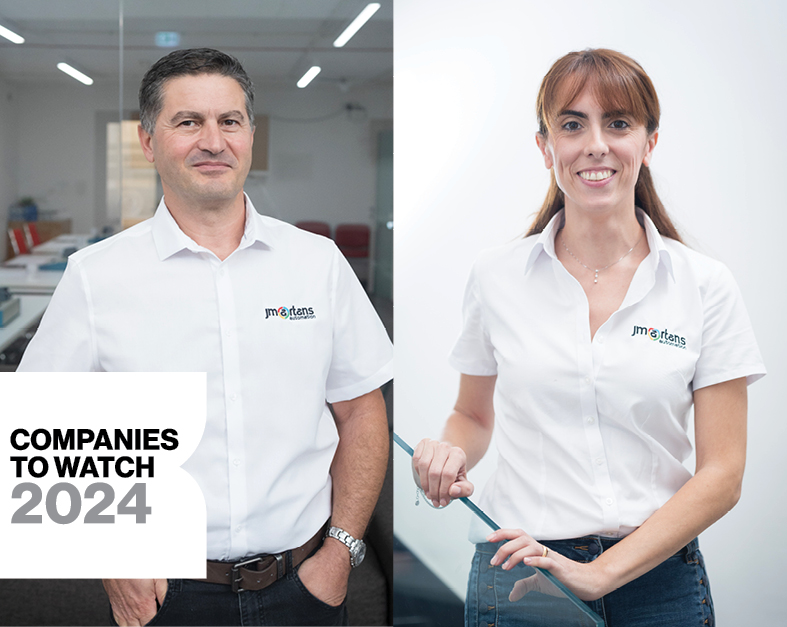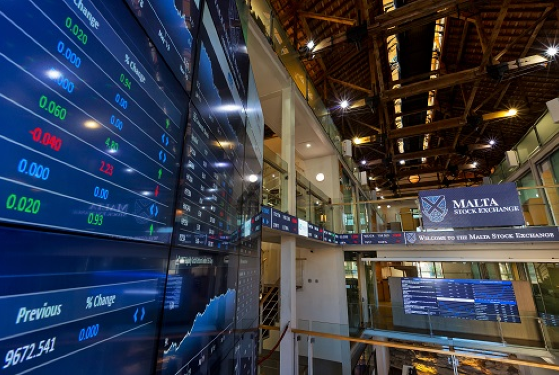The recent acquisition of Melita Limited by Goldman Sachs Alternatives, the private equity arm of a very large and prominent bank in the US, was widely reported across the media over recent weeks.
Although this transaction does not directly impact the local capital market since the shares of Melita are not listed on the Malta Stock Exchange, it nonetheless has important implications for the investment community since Melita is one of the three main telecom players in Malta.
Changes in the shareholding of telecom operators is not uncommon in Malta. In fact, all three operators experienced changes in their major shareholders in recent years. Melita itself had been acquired by EQT Infrastructure IV Fund in 2019 from Apax Partners and Fortino Capital. In that same year, Vodafone Malta Limited was sold by Vodafone Group plc to Monaco Telecom at a reported enterprise value of €250 million (which translated into an EV/EBITDA multiple of 7.8 times at the time) and subsequently changed its name to Epic Communications Limited.
GO plc had its latest change in its major shareholder in 2016 when Tunisie Telecom was selected as the preferred bidder for the majority stake previously held by Emirates International Telecommunications Limited (a member of Dubai Holding). Tunisie Telecom currently holds a 65.4 per cent shareholding in GO plc with the remaining shares held by the investing public and listed on the MSE.
M&A activity is normally given wide prominence across the international business media and often leads to wide fluctuations across the international capital markets. Although there was ample coverage in the local media of the acquisition by Melita (possibly also in view of the strong brand identity of Goldman Sachs as the buyer), through the publication of a press release issued by the parties, a more detailed analysis is warranted as this deal provides an interesting insight in the context of GO plc which is listed on the MSE.
Indeed, Melita and GO have very comparable businesses. Each own a nationwide high-speed internet network, a mobile network, as well as premium TV offerings. Both companies also operate data centres in Malta and offer direct business-to-business solutions over and above their vast retail client base.
The Malta Communications Authority also regularly publishes key market indicators which include the number of subscribers within each telecom segment. In this respect, Melita and GO practically share an identical client base for fixed broadband and together they service well over 90 per cent of all local subscriptions. The two providers also virtually exclusively service the local pay-TV subscriptions where Melita holds approximately 60 per cent market share compared to 40 per cent of GO. In contrast, GO holds a stronger presence in mobile telephony (35 per cent) when compared to Melita (23 per cent), although Epic (previously Vodafone) had the largest market share at around 42 per cent. Within the telecoms sector, a key performance indicator is the Average Revenue per User (ARPU) as it indicates the revenue being generated by each customer. A more detailed analysis of the ARPU across each segment would shed interesting light.
The major difference between GO and Melita relates to GO’s larger international exposure through its 70.2 per cent shareholding in Cablenet Communications Systems plc, a telecom operator in Cyprus. GO’s shareholding in Cablenet increased incrementally throughout the past years with the latest increase in shareholding taking place in 2022 when GO increased its stake from 63.4 per cent to 70.2 per cent for a consideration of €5.75 million.
At the time of the transaction, this took place at an enterprise value of Cablenet of €145 million and an EV/EBITDA multiple of 7.8 times based on the 2022 forecasted figures. From recent reports it is evident that Cablenet remains on track to become a national full-service telecom operator in Cyprus as it now holds sizable market shares across all business segments, with the mobile telephony retail segment being the principal growth driver. As the company is still the smallest of the four mobile operators in Cyprus, there is still room for further growth within the mobile segment. Cablenet’s mobile subscriber base nearly tripled in the past two years and reached 142,000 in 2023 compared to less than 50,000 as at the end of 2021.
In recent weeks, Bloomberg News reported that sources estimated that the deal by Goldman Sachs Alternatives valued the business of Melita at around €750 million. This figure normally refers to the enterprise value, which includes overall debt and borrowings and therefore not directly comparable with the market capitalization of listed companies which would be the market value of equity.
Since Melita is not listed on the MSE, the market is not regularly updated with the financial performance of the company. Nonetheless, the latest financial statements for 2023 available on the Malta Business Registry show that Melita generated earnings before interest, tax, depreciation and amortisation (EBITDA) of around €60 million in each of the last two years. As such, one can estimate that the transaction is based on an Enterprise Value to EBITDA multiple of 12.5 times. This figure seems to be on the higher end of the multiples at which other telecom companies in Europe are currently trading at, with the median EV/EBITDA multiple at just over 5 times. Nonetheless, one can find a wide range of multiples across telecom companies due to the varying dynamics of the business models, such as the expected capital expenditure that these companies still need to allocate and the expected return on the invested capital.
The share price of GO is currently near a multi-year low of €2.68. Given the total number of shares in issue, the market capitalization works out at €271.5 million. As at 30th June 2024, the net debt of the GO Group was of circa €200 million. Overall, the enterprise value of the GO Group is at around €530 million when accounting for the minority shareholders (non-controlling interests) of Cablenet and BMIT Technologies plc.
Given the Group’s recent financial performance and the forecasts published by Cablenet and GO as a standalone company (the Malta telecom business), it is fair to assume that the Group will generate an EBITDA in excess of €85 million during 2024. In essence, the EV/EBITDA multiple of GO currently stands at circa 6 times.
In 2024, GO is expected to complete its nationwide fibre internet network and thus the level of capital expenditure should be lower in the coming years which should translate into higher free cash flows. Meanwhile, GO also embarked on a series of small acquisitions that are aimed to diversify its business from a pure telecom operator. The acquisitions were in the cyber security sector and the renewable energy sector.
M&A activity is prevalent across the international capital markets and is a key determinant of price discovery and trading volumes. The recent takeover of Tigne Mall plc was a clear case study in this respect with the final takeover price being at a premium of 26.8 per cent compared to the initial trades conducted by Marsamxett Properties. In the process, this also provided an exit route to all minority investors. Hopefully, increased M&A activity will take place across the Maltese equity market.
Read more of Mr Rizzo’s insights at Rizzo Farrugia (Stockbrokers).
The article contains public information only and is published solely for informational purposes. It should not be construed as a solicitation or an offer to buy or sell any securities or related financial instruments. No representation or warranty, either expressed or implied, is provided in relation to the accuracy, completeness or reliability of the information contained herein, nor is it intended to be a complete statement or summary of the securities, markets or developments referred to in this article. Rizzo, Farrugia & Co. (Stockbrokers) Ltd (“Rizzo Farrugia”) is under no obligation to update or keep current the information contained herein. Since the buying and selling of securities by any person is dependent on that person’s financial situation and an assessment of the suitability and appropriateness of the proposed transaction, no person should act upon any recommendation in this article without first obtaining investment advice. Rizzo Farrugia, its directors, the author of this article, other employees or clients may have or have had interests in the securities referred to herein and may at any time make purchases and/or sales in them as principal or agent. Furthermore, Rizzo Farrugia may have or have had a relationship with or may provide or has provided other services of a corporate nature to companies herein mentioned. Stock markets are volatile and subject to fluctuations which cannot be reasonably foreseen. Past performance is not necessarily indicative of future results. Foreign currency rates of exchange may adversely affect the value, price or income of any security mentioned in this article. Neither Rizzo Farrugia, nor any of its directors or employees accepts any liability for any loss or damage arising out of the use of all or any part of this article.
Bond redemptions in 2025
Stockbroker Edward Rizzo looks ahead to the expected movements in the Maltese bond market in 2025
S&P 500 on course for rare double-digit gains
Edward Rizzo analyses the benchmark index’s returns, looking back at 2024 and forward into 2025
Understanding bond market terminology
Investor education should focus on assessing a company’s financial strength, not just relying on buzzwords like ‘secured’ or ‘guaranteed’







